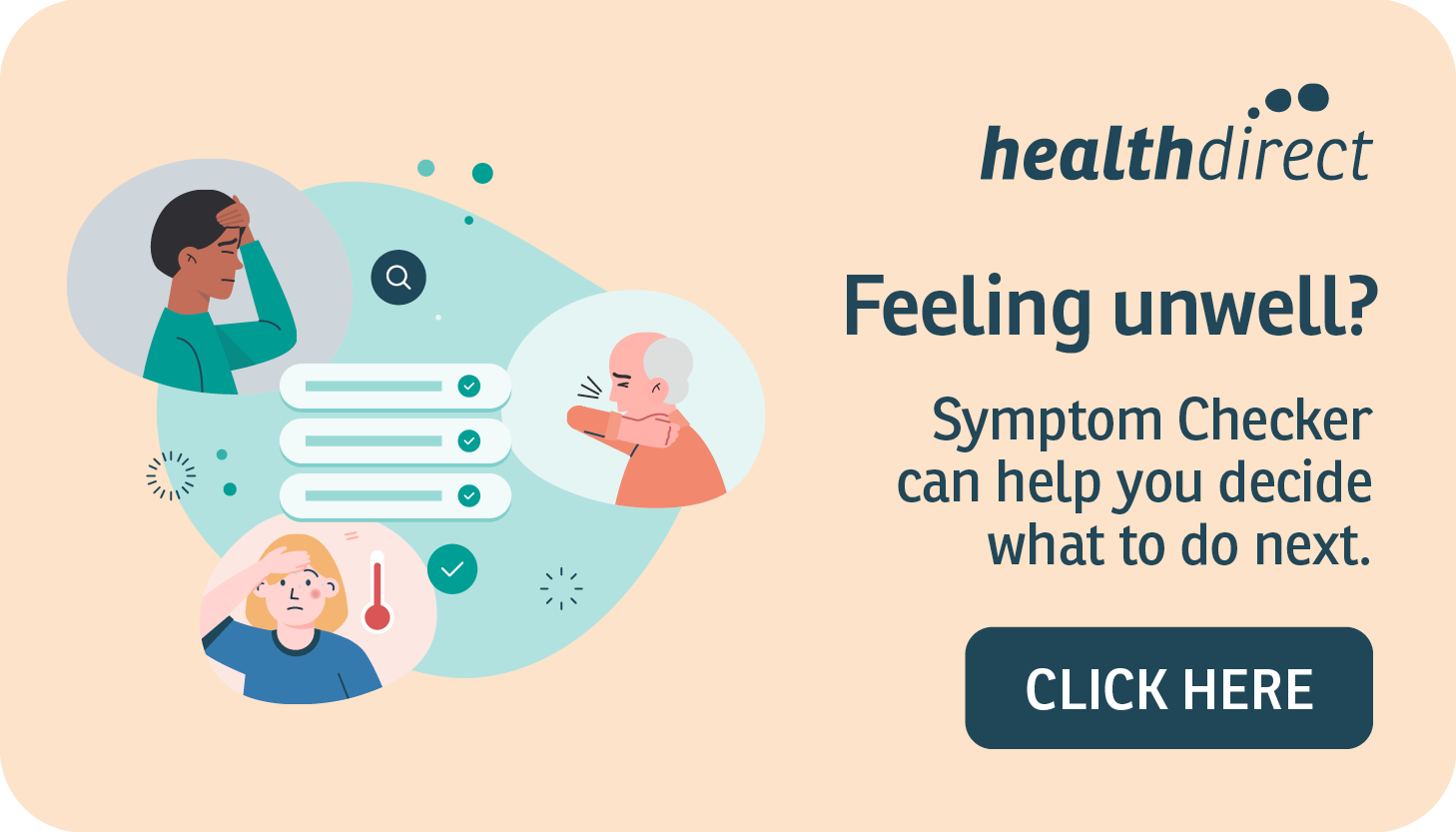.jpg)
Understanding perinatal depression and anxiety during pregnancy
Pregnancy is a period of significant change, future planning and anticipation, so some stress and worry is normal and expected. There is much uncertainty for soon-to-be-parents, including when their baby will be born, what the birth will be like and how they will manage early parenthood.
Uncertainty is particularly difficult for people who usually like to feel like they are in control. For some, small worries can quickly evolve into anxiety or depression that’s hard to manage and affects their daily life. Up to 1 in 5 people experience anxiety or depression, during pregnancy or after birth.
Physical symptoms such as morning sickness, disrupted sleep and hormonal changes can contribute to anxiety or depression during pregnancy. There are many other possible contributing factors including a personal or family history of mental health issues, having fixed expectations on what the pregnancy will be like, an unplanned or unexpected pregnancy, having very high personal standards, concerns about finances and job security when not working, and relationship conflict or family violence.
People experiencing mental health issues in pregnancy may have a combination of anxiety and depressive symptoms, and often the two are interchangeable and occur together. Seeking help from a professional is important and will assist with symptom management and developing a plan for recovery.
Depression and anxiety in pregnancy are diagnosable medical conditions. They are treatable, and it is important to remember that recovery is possible with the right support in place. It is also important to seek help as early as possible.
If symptoms of anxiety or depression do not lift after a couple of weeks and are affecting daily life, it is time to seek support.
Anxiety symptoms
Some common signs of anxiety include, but are not limited to:
- Frequently fearing or imagining the worst
- Noticeable disruption to sleep, appetite and other daily activities, lasting more than two weeks
- Avoidance of everyday tasks that now seem scary or unsafe
- Physical symptoms such as a racing heart, tightness in chest, tingling in the hands
- Panic attacks
- Intrusive thoughts
- Feeling overwhelmed
Depression symptoms
Some common signs of depression include, but are not limited to:
- Flat mood lasting more than two weeks
- Feelings of worthlessness
- Disturbed sleep and appetite
- Frequently teary
- Feeling unable to cope
- Lack of interest in previously enjoyable activities
- Poor motivation
- Irritability, anger outbursts, restlessness.
- Suicidal thoughts or self-harm
Other mental health disorders can also arise during pregnancy, as well as after the birth.
For descriptions of other mental health disorders, read: Other mental health disorders in the perinatal period
For more information about depression and anxiety during the perinatal period, read: What is PNDA? – definitions and symptoms
Seeking help
It is important to know that perinatal anxiety and depression is treatable. Early intervention helps, professional support is available, and a range of treatment options can help people manage and cope. Seeking treatment is a sign of resourcefulness, rather than a sign of weakness or failure.
Speaking with a trusted person is a useful first step for someone who is concerned about their mental health. This could be a partner, someone in their social network or a health professional such as a GP, midwife or obstetrician.


.jpg)
.jpg)

.png)

